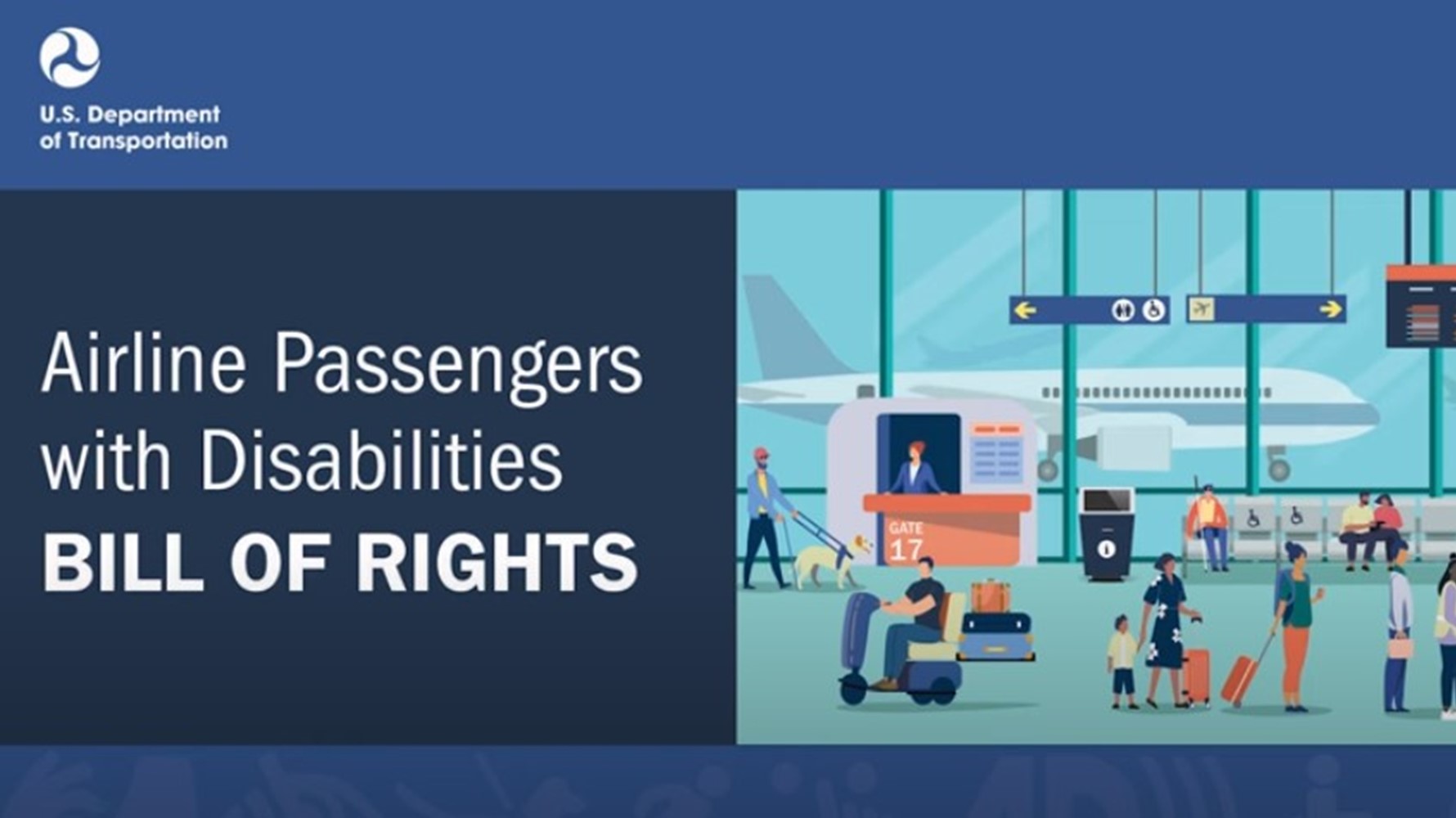There are diverse challenges for travelers with disabilities—from navigating airports and finding suitable accommodations to managing unexpected changes. Prioritizing seamless journeys, from planning to post-travel assistance, is vital to easing these challenges and ensuring smooth travel for everyone.
According to the World Health Organization, an estimated 1.3 billion people experience significant disability. This represents 16% of the world’s population, or 1 in 6 of us. This number continues to rise globally due to an ageing population, a rise in chronic health conditions and ongoing health emergencies such as disease outbreaks, natural disasters, and conflicts.
CWT’s Special Assistance services team has compiled a list of the top 5 tips to creating an inclusive and accessible travel program.
- Offer employees with disabilities greater choice. Provide accurate information and offer choice so that travelers with disabilities can make informed decisions about their trip. Consider allowances for policy violations due to accessibility requirements, such as room types, supplier selection, and trip routes that use accessible airports. Ask yourself: How can my travel policy support a satisfying travel experience for all?
- Ensure your travel management company (TMC) understands accessibility and invests in solutions that support it. TMCs who understand the unique requirements of travelers with disabilities, and invest in booking process improvements to support them, are better equipped to provide optimal travel choices, and deliver a great booking experience for all your employees.
CWT’s global accessibility repository provides our travel counselors with a single access point to supplier accessibility information, simplifying and expediting the booking process. In addition, a global profile tool allows travelers to manage their accessibility requirements directly in their profile, providing an unintrusive solution that eliminates the need for constant disclosure during every interaction.
- Enhance accessibility awareness through training and education. Disability awareness training equips employees with guidance and insights into the different types of disabilities, promoting inclusive language and reducing unconscious bias. Adding this to your company's training program gives your teams the tools they need to create and manage a more inclusive travel program.
CWT’s counselor training offers an interactive training module, delivered in three languages, includes tactical training to enhance communication and improve skills such as empathy, awareness, communicating with respect, avoiding ableist language, and building trust; reducing the anxiety experienced by many travelers.
- Ensure travelers with disabilities feel acknowledged and supported. Create an inclusive environment that allows them to enjoy their business travel as much as any other traveler in your company. Provide travel tips, and a clear understanding of available accessibility features at destinations. Obtain feedback and information from your travelers. Allow them to test supplier accessibility features to verify that their offers are well-aligned with your travel program’s vision.
- Accessibility needs can be permanent, temporary, situational, or change over time. It’s important to recognize that needs can vary widely. Some travelers may have permanent disabilities, while others might experience temporary limitations due to injury or illness. Self-disclosure of needs is critical to providing the right support and encouraging employees to communicate their needs during the booking process ensures that TMCs, and the industry, can provide the right support.
Find out more about CWT’s Special Assistance services and how you can add it to your program.





